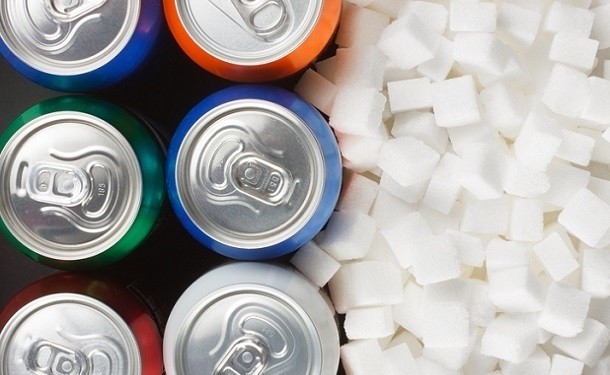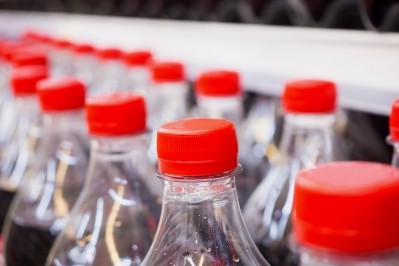Seattle soda tax comes into effect

The levy on soda and sugar sweetened beverages, at 1.75 cents per ounce, was approved in a 7-1 vote by the city council in June. It came into effect yesterday (January 1, 2018).
Seattle becomes the seventh US locality to have a soda tax policy: joining Philadelphia, Pennsylvania; San Francisco, Berkeley, Oakland and Albany, California; and Boulder, Colorado. Further afield, the UK, Ireland and South Africa are due to introduce taxes on sugar sweetened beverages this year.
What’s affected?
Beverages affected by the tax include soda, energy drinks, sports drinks, sweetened ice teas and coffees, and juices or waters that contain added caloric sweeteners.
Exemptions to the tax include beverages that use natural milk as the primary ingredient, 100% fruit or vegetable juice, and beverages with fewer than 40 calories per 12 ounce serving. Diet soda is not covered by the tax either.
If passed onto consumers, the tax will raise the price of a 12 ounce can of soda by 21 cents.
Seattle’s city council is funding a four-year study from the University of Washington to investigate whether the tax reduces consumption of sugary drinks.
A multi-disciplinary team has been gathering pre-tax data since the tax was approved in June.
It will now study the effect of the tax, which will include assessing how well the tax is implemented, looking at unintended consequences on employment or business revenue, and determining how effective the tax is in reducing consumption and changing attitudes to sugary beverages.
“Long term, we’ll want to know if this tax has an impact on lower-income populations, and if it has any impact that is similar or different on the general population,” said obesity epidemiologist Jesse Jones-Smith, who is leading the study.
“That will inform policy so we can get the most public health benefit out of it.”
Tax paid on distribution
The tax is on the distribution of sweetened beverages in the city of Seattle.
“The tax is collected on the final distribution of sweetened beverages by a distributor,” says advice from the council. “The tax is not collected by the retailer nor is the tax burden intended to fall onto the consumer. The intent of the sweetened beverage tax is to tax the distributions of sweetened beverages into Seattle for retail sale in Seattle.”
Products that come from small manufacturers (less than $2m in gross annual income) are exempt from the levy, with manufacturers needing to apply for the exemption with the City.
If a distributor sells products from a medium-sized manufacturer (more than $2m, but less than $5m in gross income) it will benefit from a reduced rate of a 1 cent tax per fluid ounce.
Impact on health and business
The City of Seattle says the tax will raise revenue to promote healthy food choices and expand access to healthy and affordable food.
However, opponents such as 'Keep Seattle Liveable for All', a coalition of small businesses and citizens campaigning against the tax, say the tax is regressive and will disproportionately impact small businesses and minority communities.




